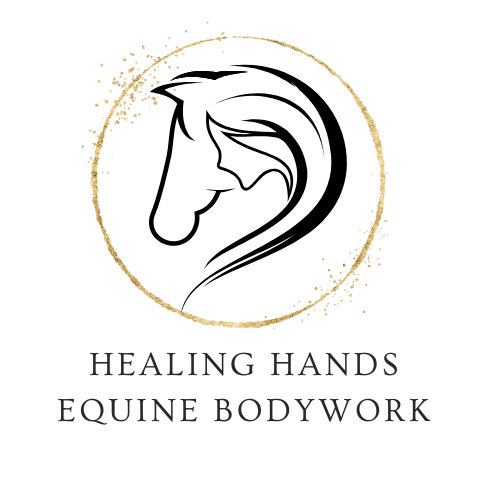Creating good habits
I recently came across this sentence - YOU ARE YOUR HABITS.
And there is a lot of truth in those 4 simple words. But what really is the definition of "HABIT"?
I went to Merriam Webster, and here is their take:
Full Definition of habit
archaic : clothing
a : a costume characteristic of a calling, rank, or function b : a costume worn for horseback riding
: manner of conducting oneself - bearing ourselves in a certain way
: bodily appearance or makeup, e.g. a man of fleshy habit
: the prevailing disposition or character of a person's thoughts and feelings - mental makeup
: a settled tendency or usual manner of behavior <her habit of taking a morning walk>
a : a behavior pattern acquired by frequent repetition or physiologic exposure that shows itself in regularity or increased facility of performance b : an acquired mode of behavior that has become nearly or completely involuntary
: characteristic mode of growth or occurrence
And the recorded first use of this term is 1594 - I know I know, I am getting a bit carried away now!
But here is the really important part - AN ACQUIRED MODE OF BEHAVIOR THAT HAS BECOME NEARLY OR COMPLETELY INVOLUNTARY.
So if a habit is something that is nearly involuntary - how do you create good ones? And how do you become aware of the ones you already have?
If we truly want to be successful in creating a good habit, it must be doable. And more importantly, we need to understand the underlying cause of why we currently don't have it and WHY WE WANT TO CREATE IT!
Habits have a very important function - they allow us to move through life without having to decide on every single action we take. They are based on three things:
- Reminder - the trigger for the behavior
- Routine - the action you take
- Reward - the benefit you gain
Most of us focus on the reward. Be it being more fit, riding better, having a well-behaved horse, getting better scores. But are we really conscious of the reminder? The trigger of our OWN behavior? Or our horse's behavior? And are we aware of the seemingly unconscious actions we take?
A good habit develops when we become aware of the trigger and the action and have tuned in to the reward we really want. A bad habit develops when we focus only on the short-term reward - the instant reward.
You create a new habit by attaching it to something you already do.
This is one of the reasons I teach my clients basic bodywork techniques specific to their situation. I very often link them to the grooming routine. You already pick your horse's feet and brush him regularly. So adding one or two things that don't take long builds on your already established routine. Those little things allow you to tune into your horse on a very subtle level - creating a habit of increased awareness to what's going on in your horse's body.
Wouldn't it be helpful if your horse was more relaxed right from the get-go? Wouldn't it be great if you knew he was bothered in his girth area and you'd be able to do something about it before cinching up? Wouldn't it be awesome if you could loosen up his pelvis or relax his poll area before getting on?
Wouldn't you gain a much better performance and better connection, a more trusting relationship?
We typically want to make huge changes, experience massive transformation - for ourselves and our horses. I have found though it's the little things, done every day, consistently, that allow us to see those benefits over time. It allows us to have a conversation, not a shouting match, it allows us to grow into it, instead of feeling like we are failing again when we can't keep up with well-intentioned herculean efforts. It allows us to establish a new behavior without having to think about it every time. It doesn't ask us to re-decide every day.
IT ALLOWS US TO SUCCEED!
I would love to hear what new habits you are willing to incorporate!
